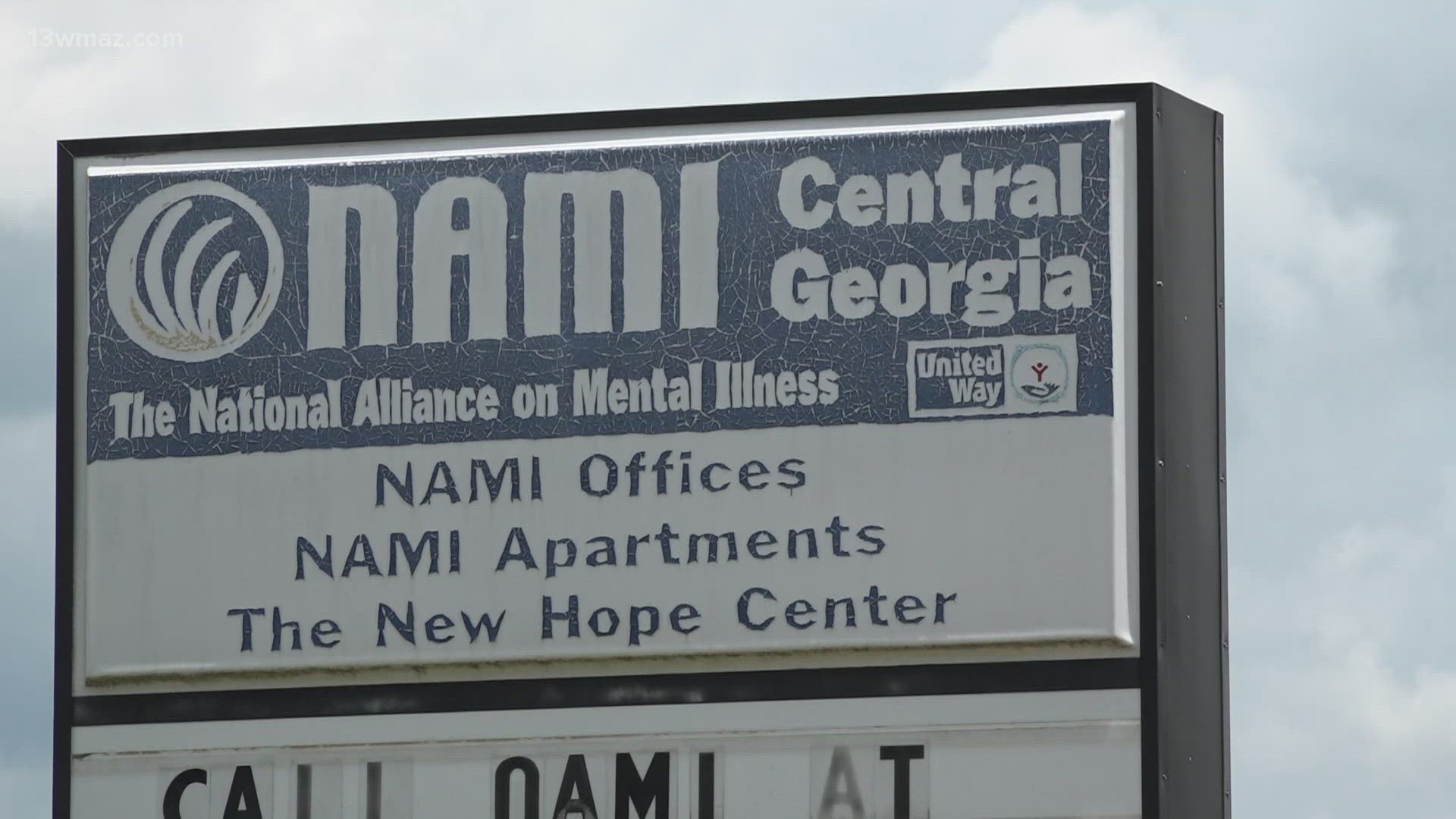MACON, Ga. — Our twenties, for many, represent a time of exploration and embracing life's opportunities.
However, for 27-year-old Justin Jones, it's been a decade marked by mental health struggles.
Jones, once a dedicated student with a remarkable academic record, has dealt with anxiety since he was 15 and it's hindered his academic progress.
He attributes part of this struggle to the influence of his peer group.
By his senior year, Jones began experiencing symptoms of schizoaffective disorder and was later diagnosed with three other mental health conditions.
His hunt for suitable treatment began early but has been fraught with challenges.
"My parents got me a therapist in high school, which helped to some extent," Jones said.
However, his journey took a dark turn, leading to episodes of psychosis, a brief period in jail, substance abuse, and a near-fatal overdose in 2016.
Over the years, he has sought help from over 30 mental health facilities. His story echoes that of many others grappling with mental health issues.
Gloria Cisse, a therapist in Macon, said providers are overwhelmed, with lengthy waitlists becoming the norm.
According to the Georgia Rural Health Innovation Center, just over 1,000 mental health providers are serving a population of more than 500,000 people in Central Georgia.
The Georgia Department of Behavioral Health and Developmental Disabilities supports people with developmental disabilities, substance use disorders and mental illness.
A spokesperson told 13WMAZ that between July 2022 and July 2023, call volume for the 988 suicide lifeline increased 10%, with an overall surge of 41.6% from 2019 to 2022.
The department handles an average of 20,000 calls, texts and chats per month and dispatches around 2,000 Mobile Crisis Response units monthly.
A spokesperson also gave us the following statement:
"Georgia’s leaders have shown a strong commitment to mental health reform, with an impressive $500 million state investment in DBHDD since 2019. This substantial funding underscores our state's dedication to enhancing mental health services and ensuring access to care for all Georgians."
State Representative Todd Jones acknowledges the severity of the situation, especially as his son, Justin, battles mental health challenges.
He says Georgia lawmakers have allocated $700 million for mental health care access, underscoring the personal nature of the issue.
The Mental Health Parity Act, introduced in 2022, aims to address disparities in mental health care by mandating equal treatment for physical and mental illnesses by private insurance companies and Medicaid.
This is legislation Todd Jones, former Georgia House Speaker David Ralston, Representative Mary Oliver and other lawmakers heavily discussed and passed.
Todd Jones stresses the importance of holistic solutions, citing organizations like the National Alliance on Mental Illness in Central Georgia (NAMI), which offers comprehensive support through educational and housing programs.
For Justin Jones, a transformative experience awaits as he prepares to leave a group home after five years. Grateful for the progress he's made, he looks ahead to the next chapter with optimism.
"Ready to enter the next decade of my life on a positive note," Justin Jones said, reflecting on his journey toward recovery.
He plans to return to Georgia State University and finish getting his Bachelor's Degree in Global Studies.
NAMI leaders opened another housing facility in June and plan to continue to expand their housing program.

